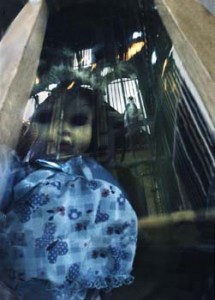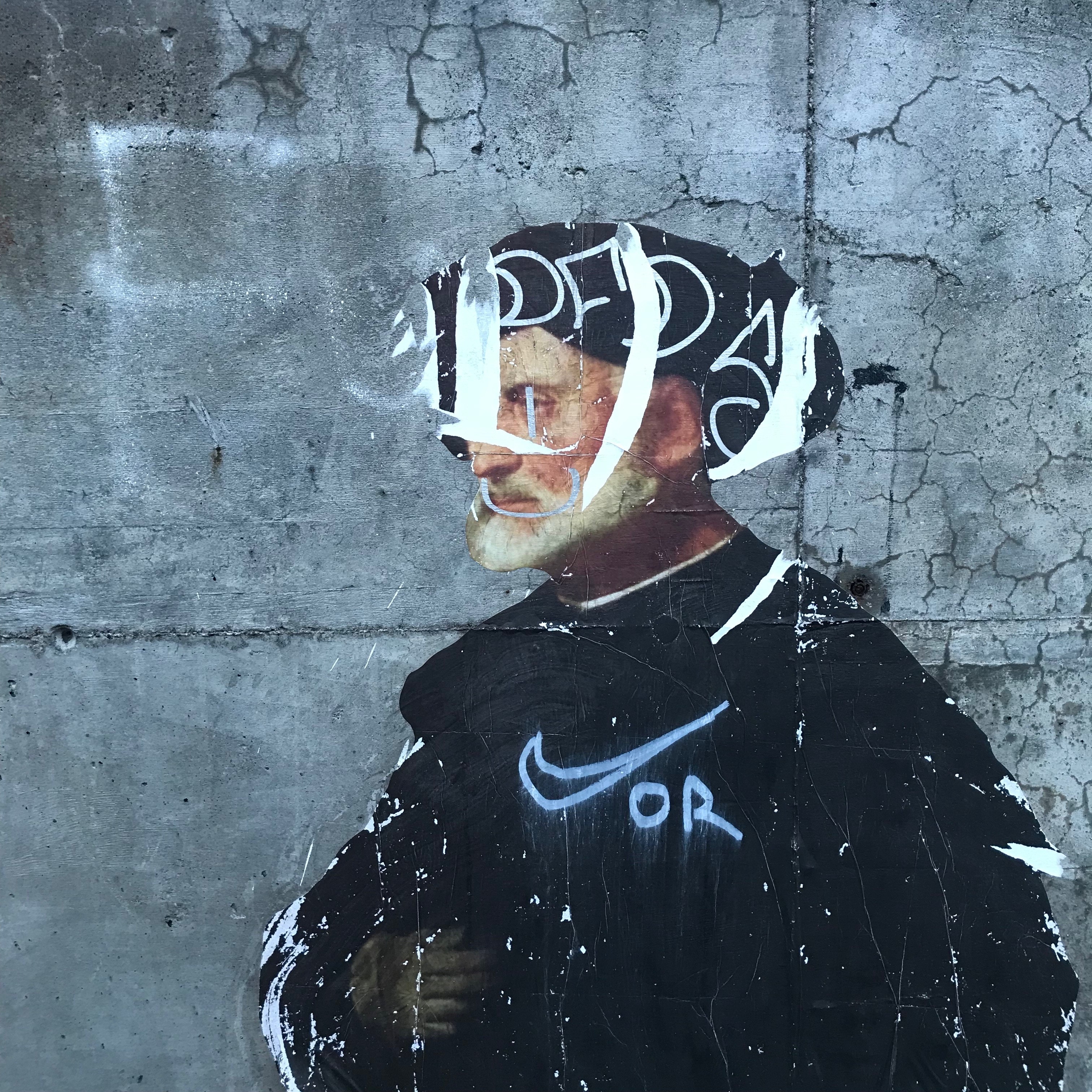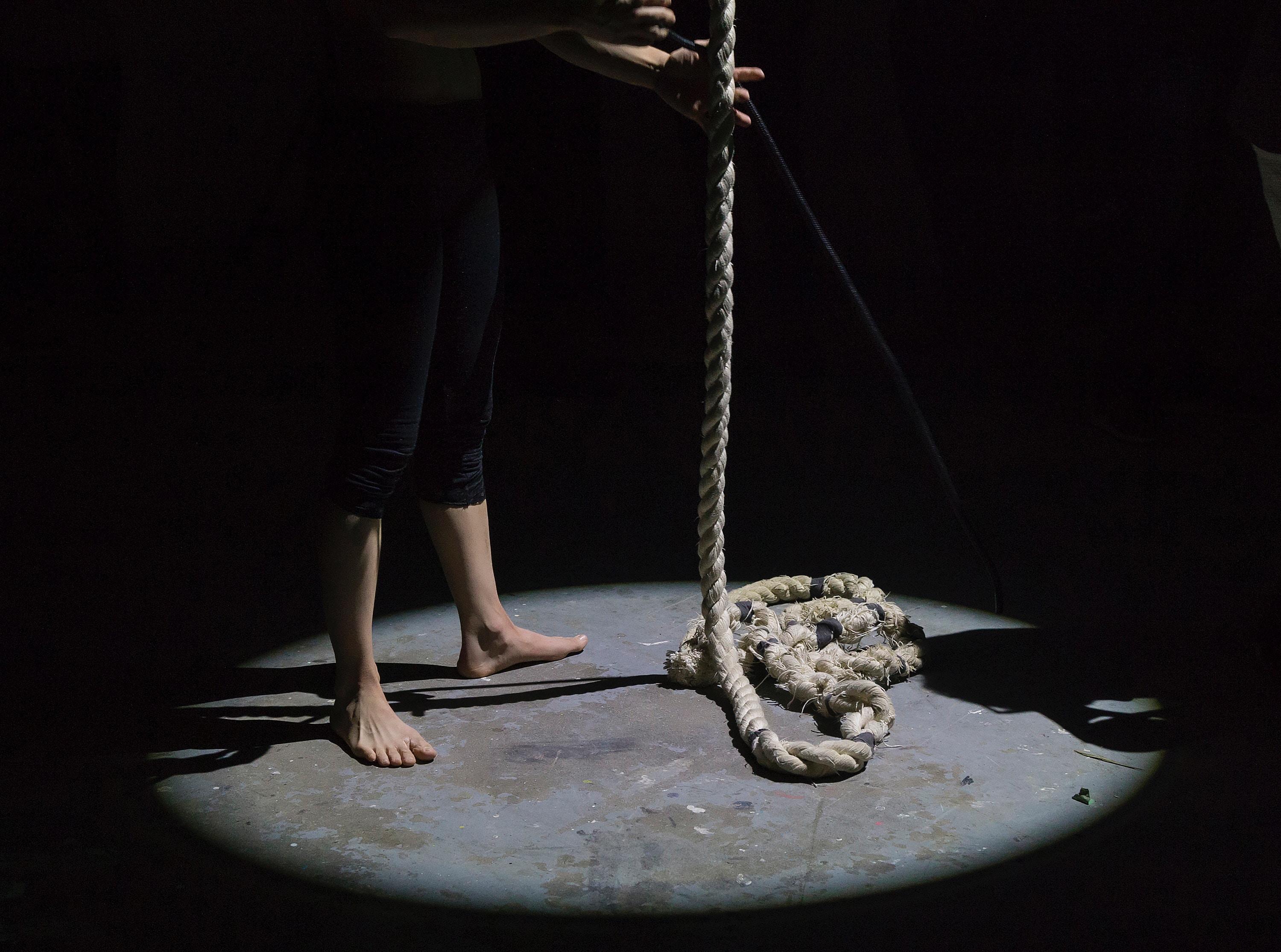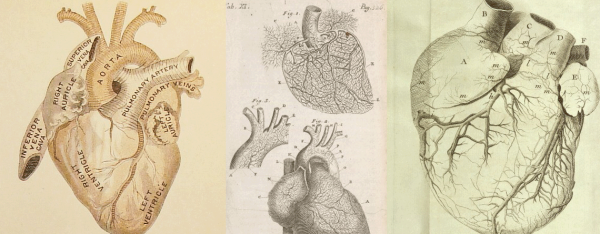
“The age of Love is the level of existence that is the source of your existence.” (Chapter 1, page 5, passage from What to Do When You’re Dead)
Being is something humans have a difficult time understanding, because they have yet to evolve to see themselves in nature. When you start to understand that being is a shape (not form but an actual shape, like an amoeba has a shape that shifts to the environment), then you will start to imagine what being is in the world.
So let’s watch being take shape in the form of dolls.
Do you ever see a doll “being?” No, because there is no life in a doll. A doll is just form without life.
“Life” is not the same as being, because you can’t see being in something that is not animated. So you can’t see life in a planet, for example. There may be life on the planet, but the planet itself is seen as a lifeless orb moving in an orbit.
However if you start to watch a sequence of events starting with systems that evolve the planet’s atmosphere, then its organic life, and then its animated life, and if you can watch that sequence happen over the course of millions of years, sped up in time to see each form turn into different forms through an evolving nature, then you will start to imagine the earth as having being, in and of its own way.
We can say then that beingness is what comes from processes and systems moving in unison. This is exactly how a being will behave over the course of a single day.
So let’s look at being within the human day.
A human can be happy, sad, happy, sad, all within a course of a movie that changes their being, by watching the course of a story. As the story builds and crescendos the movie watcher will experience what the characters experience. The person on the movie screen doesn’t even have to describe their condition or circumstance, the viewer simply understands what’s happening based on the way the world appears in this character’s course of events.
So when you are watching this character act out the lines of the script they are telling your mind what is going to happen, because you are familiar with the course of activity a single person can experience in a single day.
These experiences are “beings.”
All being is a single experience that changes the way the world looks, based on the perceived course of actions. For humans this means that being is what is happening within the body. The body is constantly moving its nature and beingness, based solely on what is experienced on the surface of the body’s world.
What is ‘the surface of the body’s world?’
On the surface of your world, for example, you:
- Go to work in the morning.
- Do your work at work.
- Make your way home.
- Make your home work – ie make dinner, feed the kids, clean house etc.
- Go to sleep.
While you are making things happen in your day, you:
- Work with people you either like or don’t like
- Work with systems you either like or don’t like
- Work with adults you like and ones you would rather not see at all. (This is different than 1 because not all people are adults – but adults have the most complex of beings of any people and are therefore the most to be affected by and also will affect your day.)
When you look at these lists, what do you notice? Do you notice changes? Do you notice how your day can move from one moment to the next, each moment altering your state of being? One moment you might be affected to become a monster of feelings, in the next moment you may be in a state of worry or elation.
You could experience feelings that change from “I’m unappreciated” to “everybody loves me!” to “I can do nothing right” to “Is there nothing I can’t do?!” to “what’s the hold up?” to “what time is this agony going to end?” to “how come nobody can do any of this right but me” to “I hope I sound smart in this meeting,” etcetera etcetera.
All of these beings are states of mind. Your mind is in a state of knowing or wondering or being. In the wondering may be worry. In the knowing may be fascination. In the being may be happiness.
But it is each conscious state of your being that is the most important episode. When you are conscious of being, and you can send your feelings into a state of knowing, meaning you are feeling what should or should not be your next response, then you have control over your being.
When, however, you cannot distinguish between what is a feeling and what is a condition, then you’ll never be able to control your world.
So you may feel, for example, like nobody wants you, but if you make that a condition of your life, you will imagine that you are worthless.
If, however, you feel unwanted and yet you look around and notice the ones who do love you, and are then grateful to them, you will not make your feeling of being unwanted into a state of being. Because if you make your state of being “the unwanted one” then no one will want you, because this is who you are being.
Feelings are indications of what you are being.
Feelings are transient and changeable.
You can change your feelings about where you are in life just by altering your state of being. To go from being unwanted to someone everyone wants to be around, you simply find a way to interact that is perfectly aligned with what people need. If you want to be a nuisance, however, you demand their attention without giving anything to them in return.
You are simply taking from them their attention without any worthiness in your sense of yourself. If you have a sense of your worth, then you will project what it is that everyone wants to know. But this must occur within you.




